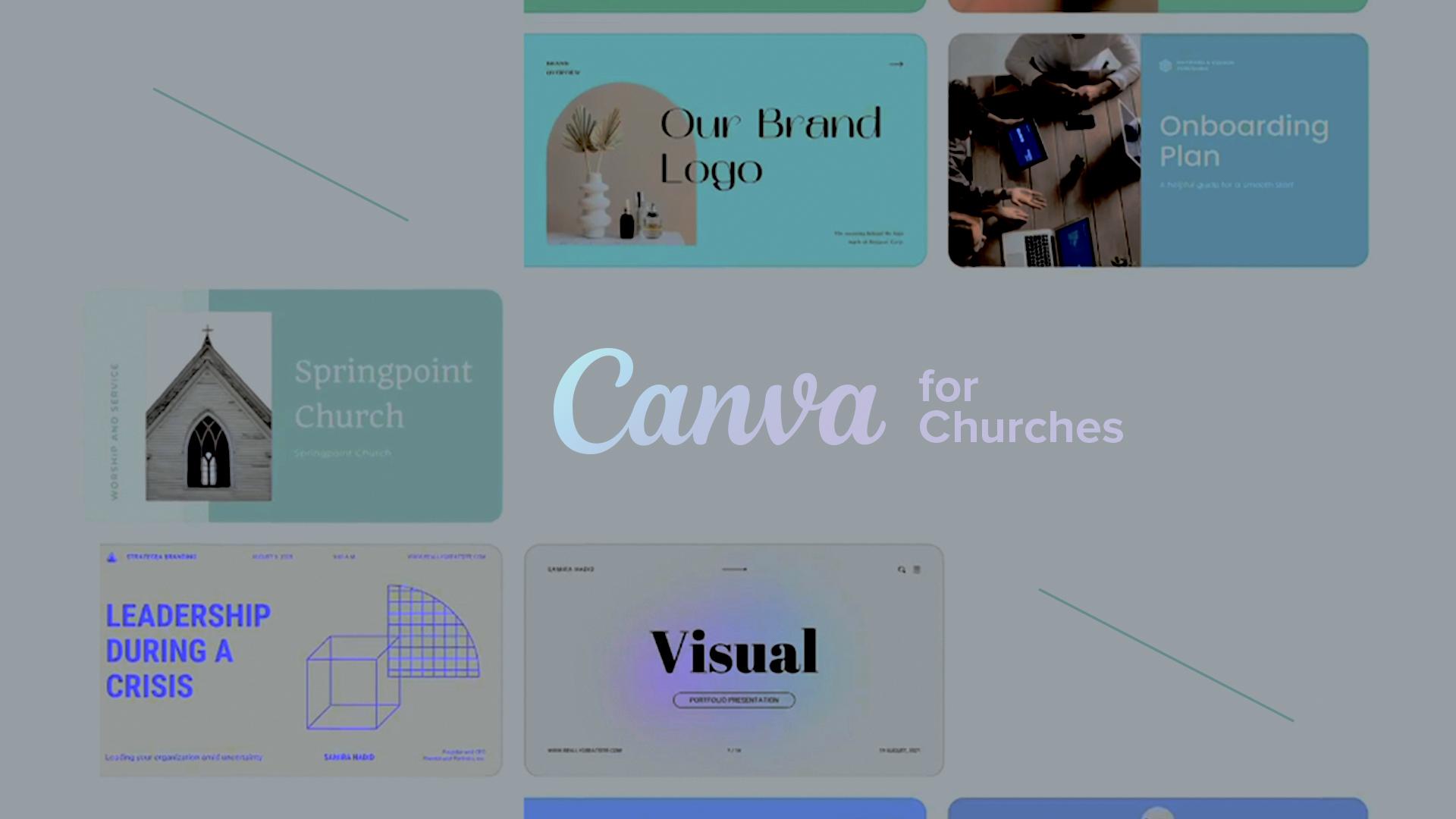
When it comes to creating logos for churches and nonprofits, it’s not just about slapping a clipart image of a dove on a PowerPoint slide and calling it a day. No, crafting a memorable logo for these organizations takes finesse, creativity, and a little bit of divine inspiration. So grab your glue gun and your glitter pens, because we’re about to embark on a logo design journey that will have you shouting “Hallelujah!” in no time. You may not be able to turn water into wine, but you can definitely turn a blank canvas into a logo that will have people singing your praises. Let’s get crafty, shall we
Choosing the Right Symbols and Imagery
When it comes to for your project, it’s important to think outside the box. Don’t just go with the first thing that comes to mind – challenge yourself to be unique and original!
Consider incorporating pop culture references to make your design more relatable and engaging. Whether it’s a nod to your favorite TV show or a playful riff on a trendy meme, using familiar symbols can help to create a connection with your audience.
Another fun idea is to mix and match different symbols and imagery to create a one-of-a-kind design. Think unicorns riding bicycles or cats wearing sunglasses – the possibilities are endless! Don’t be afraid to get creative and experiment with unexpected combinations.
Remember, the key to is to stay true to your own unique style and personality. Have fun with it, be bold, and don’t be afraid to take risks. Who knows, your next design could be the next big thing!
Creating a Strong Visual Identity
When it comes to , it’s all about standing out from the crowd. You want your brand to be memorable and instantly recognizable, like that one guy who always wears a matching tracksuit.
One way to achieve this is by using a consistent color palette throughout your branding. Think of your colors like your brand’s signature, the thing that ties everything together. And don’t be afraid to get a little wild – just make sure your colors reflect your brand personality.
Another key element of a strong visual identity is your logo. Your logo is like your brand’s face – it’s the first thing people see and what they remember you by. Make sure it’s simple yet impactful, like that time your friend tried to do a handstand at a party.
And lastly, don’t forget about typography! Your font choices can say a lot about your brand – are you fun and playful or serious and professional? Pick fonts that complement your brand personality and use them consistently across all your communications. Just remember, Comic Sans is never the answer.

Utilizing Colors and Typography
When it comes to , the options are endless! Just like a kid in a candy store, you can go wild and experiment with different combinations to create a visual feast for the eyes. With HTML, you can easily play around with colors and fonts to make your content stand out from the boring black and white crowd.
First off, let’s talk about colors. Gone are the days of sticking to the basic red, blue, and green. Embrace the rainbow and beyond! Use the color attribute to add a pop of pink here, a splash of turquoise there. Mix and match to your heart’s content, but remember, sometimes less is more. Don’t blind your readers with a neon color overload!
Next up, typography. Say goodbye to Times New Roman and hello to a world of funky fonts! Use the font-family attribute to get creative with your text. Whether you want to go classy with a serif font or quirky with a handwritten one, the world is your oyster. Just remember to keep readability in mind – no one wants to strain their eyes trying to decipher your message.
In conclusion, when it comes to in your HTML, the sky’s the limit. Don’t be afraid to step outside the box and try something new. Experiment, have fun, and let your creativity shine through in every hue and letter. Who knows, you might just stumble upon the perfect combination that sets your content apart from the rest. Happy coding!
Balancing Tradition and Modernity
When it comes to finding a balance between tradition and modernity, it can feel like trying to juggle with one hand tied behind your back. On one hand, you have the comforting familiarity of tradition – the same old customs and rituals that have been passed down for generations. On the other hand, you have the shiny allure of modernity – the latest gadgets, trends, and innovations that promise to make your life easier and more exciting.
But who says you have to choose between the two? Why not embrace both tradition and modernity with open arms (or hands, if you’re still trying to juggle)? Here are a few tips on how to find that perfect balance:
- Keep the traditions alive: Just because you’re living in the 21st century doesn’t mean you have to toss out all the old traditions. Embrace your cultural heritage and continue to celebrate holidays, festivals, and rituals that have been a part of your family for years.
- Embrace modern technology: Sure, your grandparents may have never heard of a smartphone, but that doesn’t mean you can’t enjoy the benefits of modern technology. Use social media to stay connected with loved ones, take advantage of apps that make your life easier, and indulge in some guilty pleasure binge-watching on Netflix.
So there you have it – doesn’t have to be a high-wire act. With a little bit of creativity and a willingness to embrace both the past and the present, you can find a happy medium that works for you. Now if only someone would invent a time machine so we could truly have the best of both worlds!

Ensuring Versatility and Scalability
When it comes to , it’s important to think outside the box (or should I say, outside the server room?). Embracing the ever-changing landscape of technology means being able to adapt to new challenges and opportunities as they arise. So, how can you ensure your systems are versatile and scalable? Let’s break it down:
First off, **flexibility** is key. Think of your system as a chameleon - able to change its colors depending on the environment. This means having the ability to easily add or remove components, adjust configurations, and integrate new technologies without breaking a sweat (or a server).
- Utilize cloud services for easy scalability
- Implement APIs for seamless integration with other systems
- Consider modular design for easy upgrades and expansions
Next, **future-proofing** is essential. Just like investing in a timeless wardrobe staple, investing in technologies that will stand the test of time is crucial. This means staying ahead of the curve, anticipating trends, and planning for scalability before it becomes a headache.
Lastly, **agility** is key. The ability to pivot and adapt quickly in a fast-paced environment is essential for . Think of your system as a ninja – agile, quick, and able to handle any situation thrown its way. By being nimble and responsive, you can ensure that your systems are always ready for whatever comes next.
Emphasizing Message and Mission
When it comes to getting your message across, you want to make sure that it’s front and center for your audience. A great way to do this is to emphasize your message and mission in all of your communication efforts. By keeping your message clear and concise, you’re more likely to grab your audience’s attention and leave a lasting impression.
One way to emphasize your message and mission is to incorporate it into your branding and design. Consider using bold colors and eye-catching graphics that reflect your organization’s values and goals. By creating a visual representation of your message, you’re helping to reinforce the importance of your mission in the minds of your audience.
Another way to emphasize your message and mission is to incorporate it into all of your marketing materials. Whether it’s your website, social media posts, or promotional materials, make sure that your message is consistent and prominently displayed. By keeping your mission at the forefront of everything you do, you’re reinforcing the importance of your cause and making it clear to your audience what you stand for.
Remember, the key to emphasizing your message and mission is to be consistent and creative in your approach. By keeping your message clear and concise, incorporating it into your branding and design, and making it a central focus of all of your marketing efforts, you’re sure to leave a lasting impression on your audience and further your cause in a fun and impactful way!
Promoting Recognition and Recall
One of the best ways to promote recognition and recall is through the use of catchy slogans. By developing memorable phrases, you can ensure that your brand sticks in people’s minds long after they have interacted with it. Plus, who doesn’t love a good pun or play on words?
Another fun way to boost recognition is by creating eye-catching visuals. Whether it’s a quirky mascot or a vibrant color scheme, a strong visual identity can help your brand stand out from the crowd. Remember, a picture is worth a thousand words – and even more in likes and shares on social media!
Don’t underestimate the power of repetition when it comes to boosting recall. Whether it’s through consistent branding across all platforms or by incorporating your logo into every marketing material, the more exposure your brand gets, the more likely it is to stick in people’s minds. Keep hammering home your message until it becomes as unmistakable as your Aunt Mildred’s meatloaf recipe.
Finally, incentivize your audience to engage with your brand by offering rewards for recognition and recall. Whether it’s through giveaways, contests, or loyalty programs, everyone loves a good deal. So go ahead, dangle that carrot – or should I say, carrot cake? Because who can resist free stuff, am I right?
FAQs
What colors should churches and nonprofits consider for their logos?
It’s all about symbolism, baby! Think beyond basic black and boring beige. Consider using colors like heavenly blue, angelic white, or saintly gold to evoke a sense of spiritual enlightenment.
How can churches and nonprofits incorporate their mission into their logos?
Don’t be afraid to spell it out! Literally. Put your mission statement in big, bold letters right in the center of your logo. Or, if you’re feeling more subtle, use imagery that reflects your values, like doves for peace or hands reaching out to help others.
What design elements should churches and nonprofits avoid in their logos?
Avoid cliches like the plague (pun intended). Steer clear of overused symbols like crosses, doves, or praying hands. Get creative and think outside the box (or church, in this case).
How important is it to hire a professional designer for creating a logo?
As important as having an altar boy at a mass! A professional designer can take your visions and turn them into a logo that will leave a lasting impression. Plus, they’ll know all the tricks of the trade to make your logo stand out in a sea of boring designs.
What are some examples of memorable logos for churches and nonprofits?
Take a page out of the Book of Common Design Sense and look at logos like the Salvation Army’s iconic shield or the World Wildlife Fund’s adorable panda. These logos are simple, yet powerful, and instantly recognizable. So go forth and design your own logo masterpiece!
In Conclusion, Let Your Logo Shine Bright
So there you have it – the key to crafting a memorable logo for churches and nonprofits! Remember, your logo is the face of your organization, so make sure it shines bright like a diamond (or at least a well-polished church bell). With these tips and tricks in your toolkit, you’ll be well on your way to creating a logo that not only grabs attention but also leaves a lasting impression on your audience. So go forth and design with confidence, my logo-loving friends!












